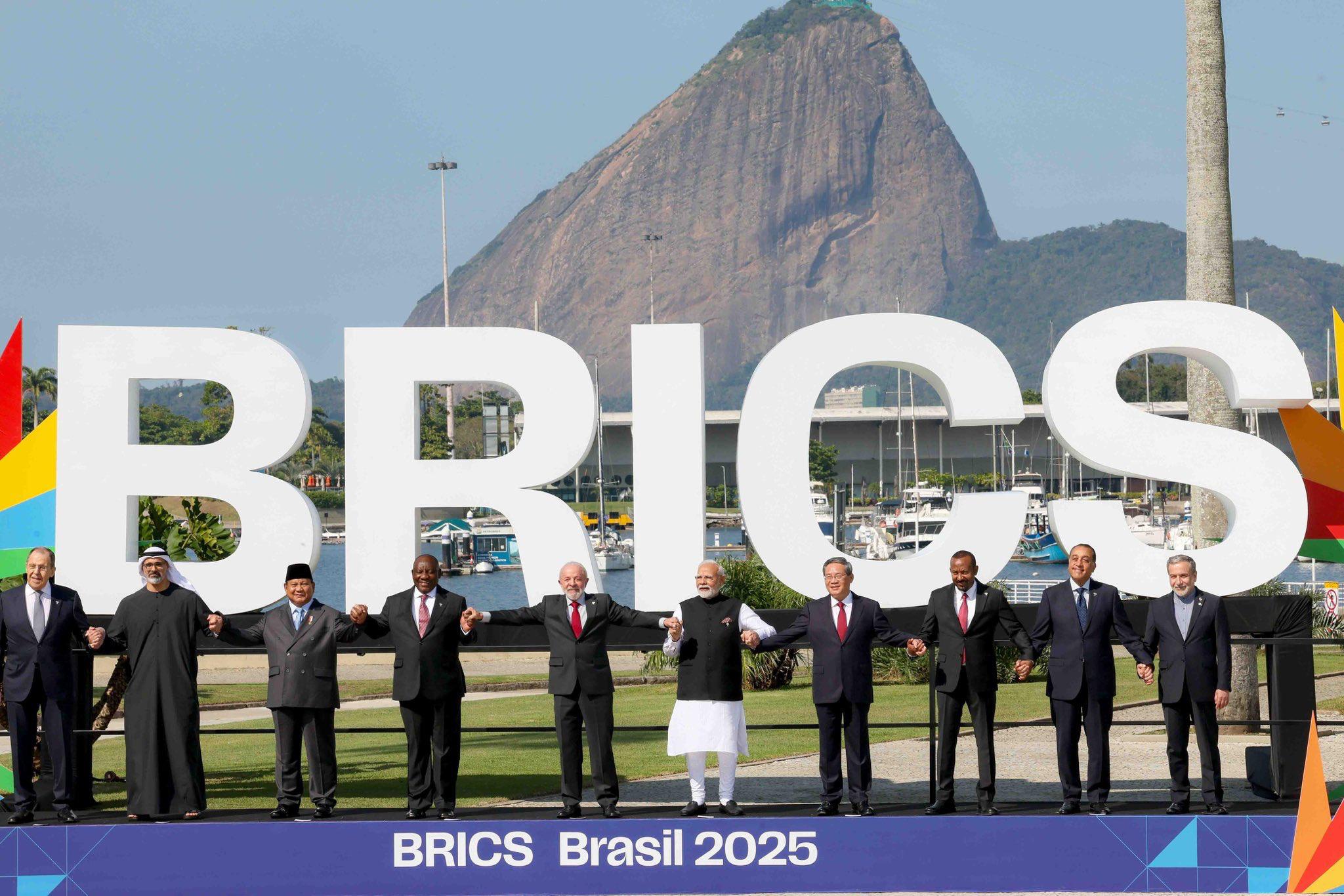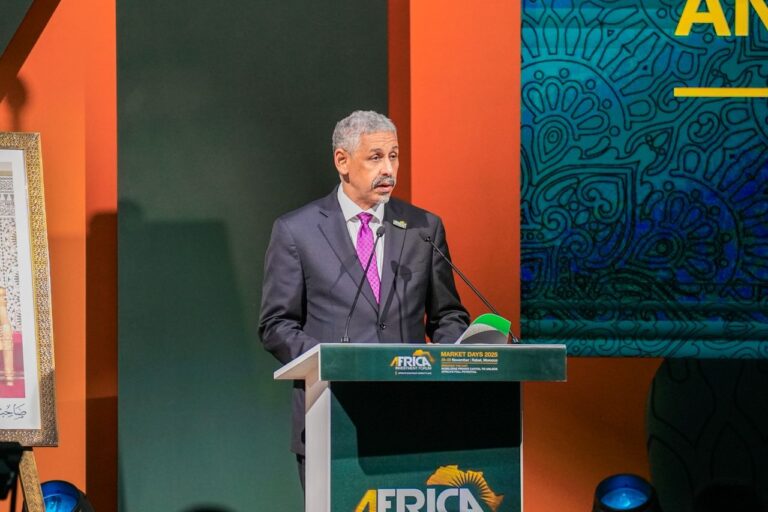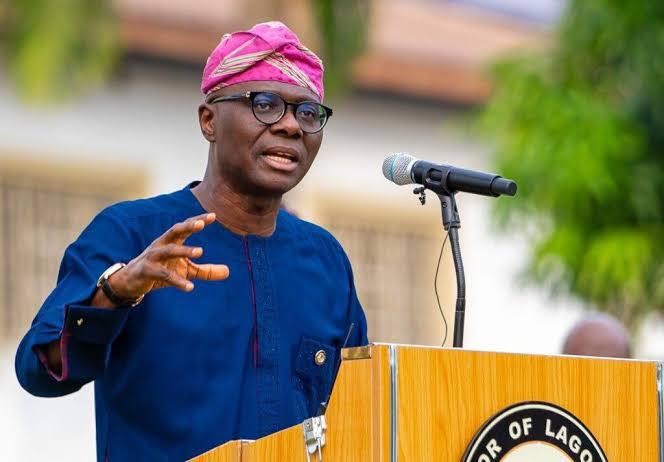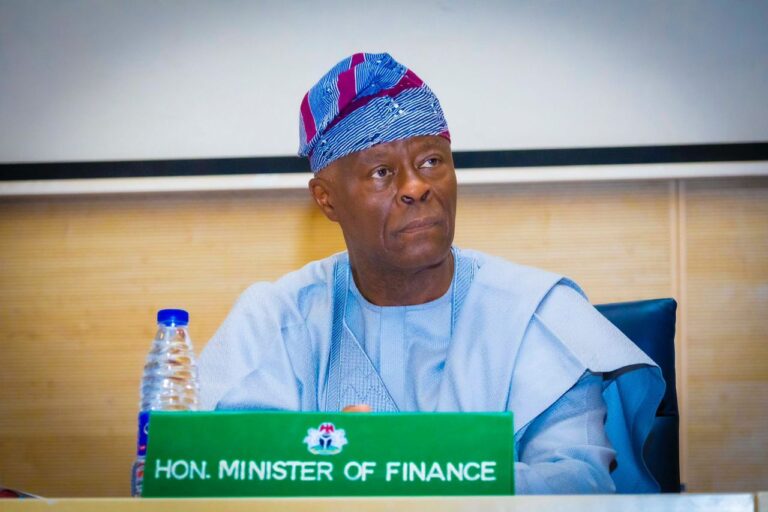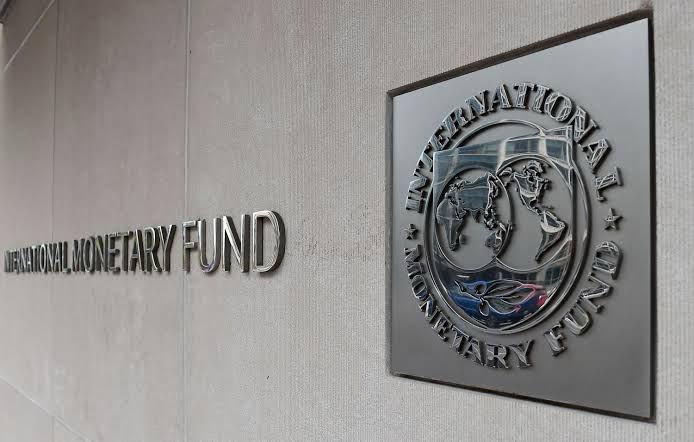By Nwali Chidozie
Increasing global trade tensions, following U.S. President Donald Trump announcement on Sunday that any country aligning itself with the “Anti-American policies” of the BRICS bloc would face an additional 10% tariff on their goods. Trump issued the stark warning, through his Truth Social handle, just as BRICS leaders concluded their annual summit in Rio de Janeiro, where discussions centered on fostering a multipolar world order and reducing reliance on the U.S. dollar.
Trump’s declaration, which he stated would have “no exceptions,” sends a clear warning to the rapidly expanding BRICS group, which now includes a significant number of African nations. The move is widely seen as a direct response to the BRICS summit’s joint declaration, which voiced “deep concern” over the growing use of unilateral tariff and non-tariff measures that distort trade and violate WTO norms
While South Africa has been a long-standing full member of BRICS, the recent expansion has seen Egypt and Ethiopia join as full members, attending their first summit in this capacity.
Furthermore, a number of other African countries have solidified their ties with BRICS as “partner countries,” a newly established category aimed at fostering closer cooperation. These include Nigeria, Algeria, and Uganda, all of whom had representatives at the Rio summit. Other African nations such as Kenya and Tanzania were also among invited countries at the summit, highlighting the continent’s growing interest in the bloc.
For these African economies, many of which have significant trade relationships with both the United States and BRICS member states, the prospect of a 10% additional tariff creates a potentially threat to the African economy.

countries aligning with BRICS is substantial. For nations like Nigeria, a major oil producer and Africa’s largest economy, or Egypt and Ethiopia, who are actively seeking increased trade and investment opportunities with BRICS nations, a U.S. tariff hike could disrupt supply chains, increase the cost of imports, and reduce the competitiveness of their exports to the American market. “This tariff threat forces a very difficult choice upon countries that are trying to diversify their economic partnerships and pursue their own national interests,” noted Dr. Ngozi Okonjo-Iweala, Director General of WTO. “Many African nations are seeking to leverage BRICS for infrastructure development, access to new markets, and a more equitable global financial system. To then face punitive measures from a major trading partner like the U.S. will certainly strain their economic resilience.”
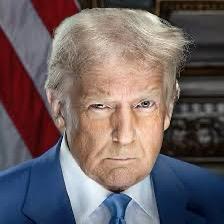
The BRICS bloc, representing over half the world’s population and 40% of global economic output, has explicitly championed a more multipolar global order and reduced dependence on Western financial systems, particularly the U.S. dollar. The Rio Declaration, for instance, supported plans to pilot a BRICS Multilateral Guarantees initiative within the group’s New Development Bank to lower financing costs and boost investment in member states.
“Anti-American Policies”
President Trump did not elaborate on what he considers “Anti-American policies” of BRICS. However, the timing of his announcement, coming directly after the BRICS summit where leaders condemned unilateral trade measures and criticized recent U.S. and Israeli military strikes on Iran, suggests that the U.S. views the bloc’s growing assertiveness and efforts to de-dollarize as a direct challenge to its economic and geopolitical dominance. Analysts suggest that the ambiguity of “anti-American policies” could give the U.S. broad discretion in applying the tariffs, creating further uncertainty for international trade. For African nations, navigating this new landscape will require careful diplomatic balancing acts and strategic economic planning to mitigate potential negative consequences. The coming weeks are expected to see intense diplomatic activity as countries assess their positions and potential exposure to these new trade barriers.




